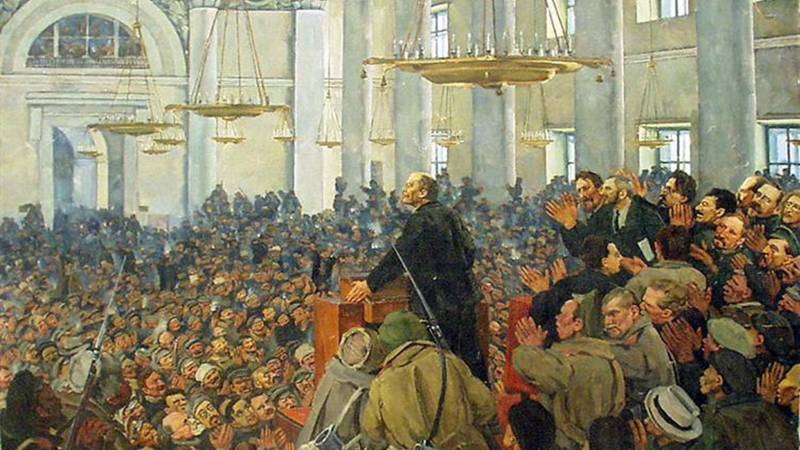
Nearly two decades ago, I accompanied a friend to his friend's residence in Multan. En route, he told me of his friend's Marxist leanings, anticipating an exchange of political perspectives.
Upon arrival, I engaged in discourse with him and his young daughter, who, I learned, shared her father's ideological inclinations. Our conversation spanned approximately four hours, covering topics ranging from contemporary affairs to literature, cinema, societal issues, and economics.
The encounter left a lasting impression on me, particularly the concepts of Marxism and the figure of Lenin, which reverberated in my thoughts for days afterwards. While familiar with Lenin, I embarked on a deeper exploration of his life and ideas, seeking insights from comrades, fellow Marxists, and individuals acquainted with his ideas. Subsequently, I immersed myself in gatherings of Marxist factions across Pakistan, culminating in attendance at their Annual Congress to broaden my understanding and forge new connections. It was a privilege to engage in enriching discussions with esteemed Marxist intellectuals such as Dr Lal Khan, Munno Bhai, Javed Shaheen, and others, each offering valuable perspectives on various subjects.
Over subsequent months, my study of Vladimir Lenin deepened, gradually captivating my intellectual curiosity. Today, I offer a heartfelt tribute to this towering Marxist figure, whose leadership was pivotal in the historic Bolshevik Revolution of 1917, inspiring countless individuals worldwide.
Born in Simbirsk on the Volga in 1870, Lenin bore witness to tumultuous times in Russia. A semi-feudal nation shackled by Tsarist autocracy, Russia witnessed a burgeoning revolutionary sentiment, exemplified by the terrorist tactics of the Peoples' Will movement. Tragically, Lenin's elder brother, Alexander, met his demise for involvement in an attempted assassination of Tsar Alexander III.
Following this personal tragedy, Lenin's academic pursuits were cut short by expulsion from formal education due to his political activities, further fuelling his ideological fervour. His path intersected with Marxist circles, leading to an avid study of Marx's seminal works, including "Capital," and engagement with figures such as George Plekhanov, whom he regarded as a mentor. Relocating to St. Petersburg, Lenin established one of the earliest Marxist groups at the age of 23.
Ninety years ago, on 21 January 1924, Vladimir Lenin, the eminent Marxist leader of the Russian Revolution, succumbed to complications from a prior assassination attempt. Since then, concerted efforts have been made to vilify his legacy and distort his ideas, perpetuated by bourgeois historians, reformists, liberals, and detractors across the ideological spectrum.
However, these attempts at character assassination fail to diminish Lenin's stature as one of history's foremost revolutionaries. His indelible contributions culminated in the triumph of the October Revolution, fundamentally altering the course of global history. Despite slander and misrepresentation, Lenin's legacy endures, his ideas remaining as pertinent today as ever.
Lenin's philosophy holds particular relevance in the context of Pakistan's contemporary challenges. Amidst economic turmoil and widespread poverty, urgent action is needed to address pressing societal needs, including healthcare, education, and employment. Embracing principles of democratic governance and inclusive politics, coupled with proactive measures to empower the youth, is of key importance. Additionally, fostering amicable relations with neighbouring nations and major powers based on principles of equality is essential for national progress and stability.
As we commemorate the centenary of his passing, we honour Lenin's visionary leadership, unwavering courage, and enduring legacy. A dedicated Marxist, he galvanized the Russian working class through the Bolshevik Party, ultimately catalysing the October Revolution of 1917. Despite a century of slander and distortion, Lenin's ideas remain a beacon of inspiration and guidance in navigating the complexities of the modern world.

